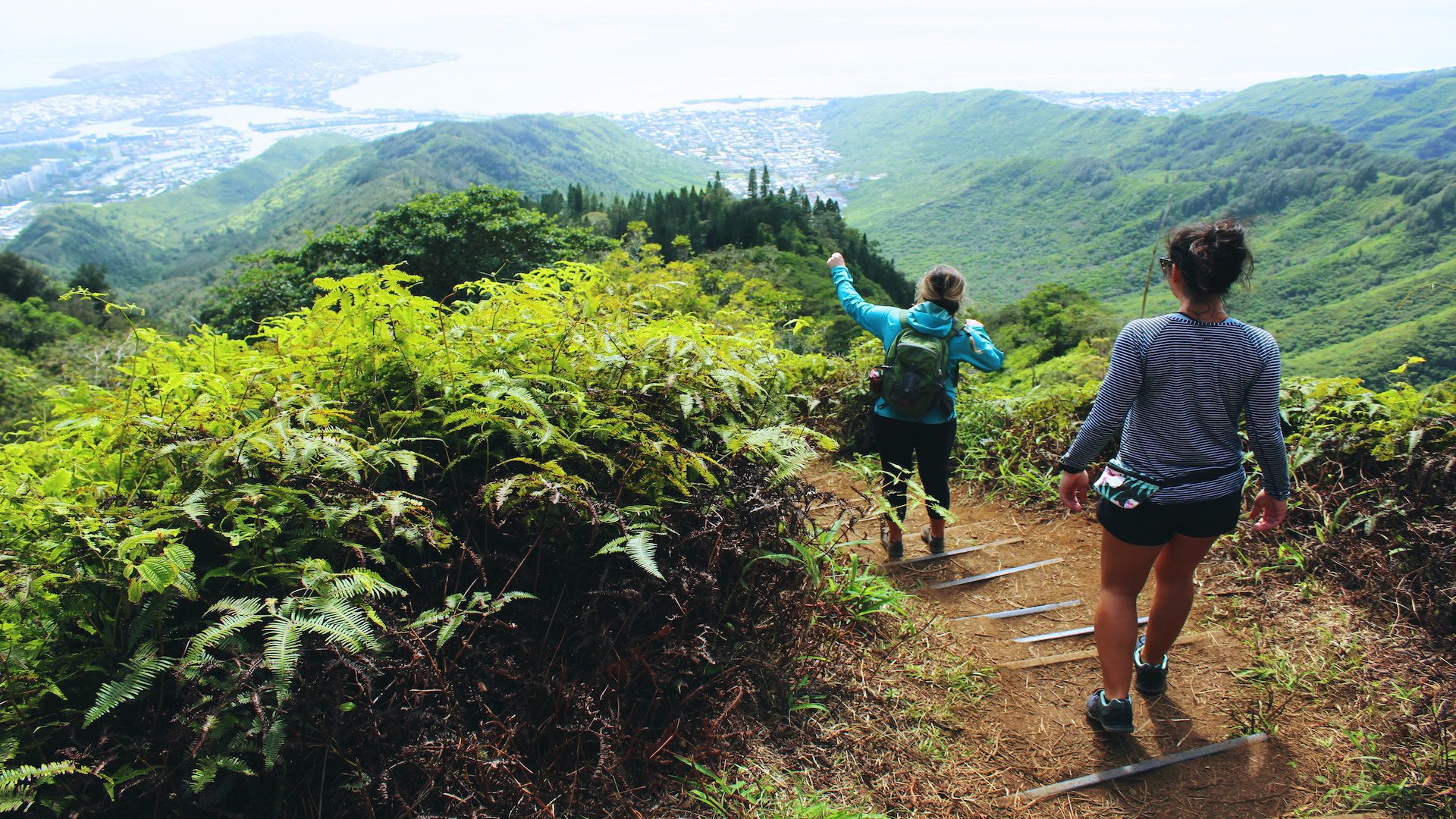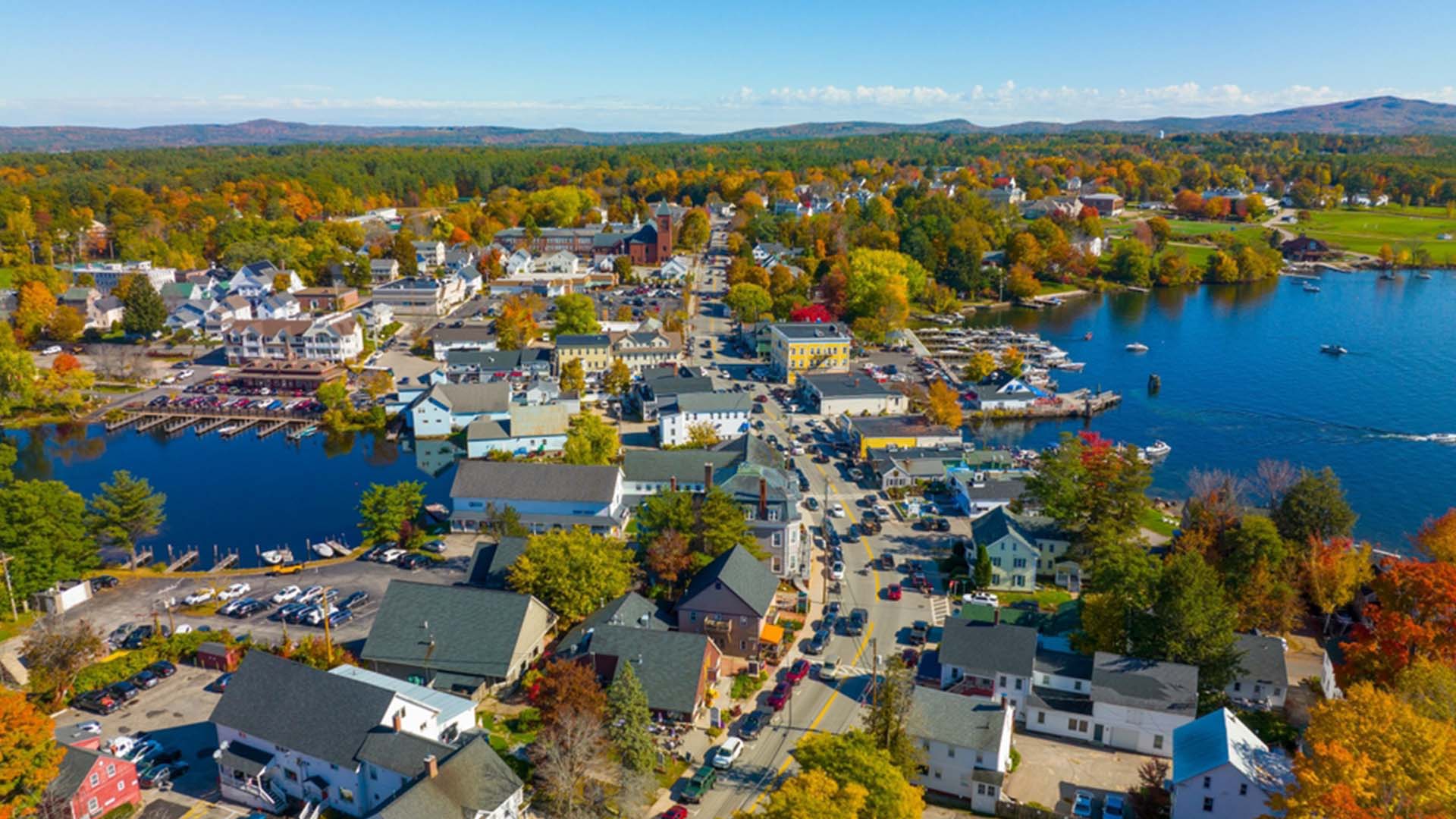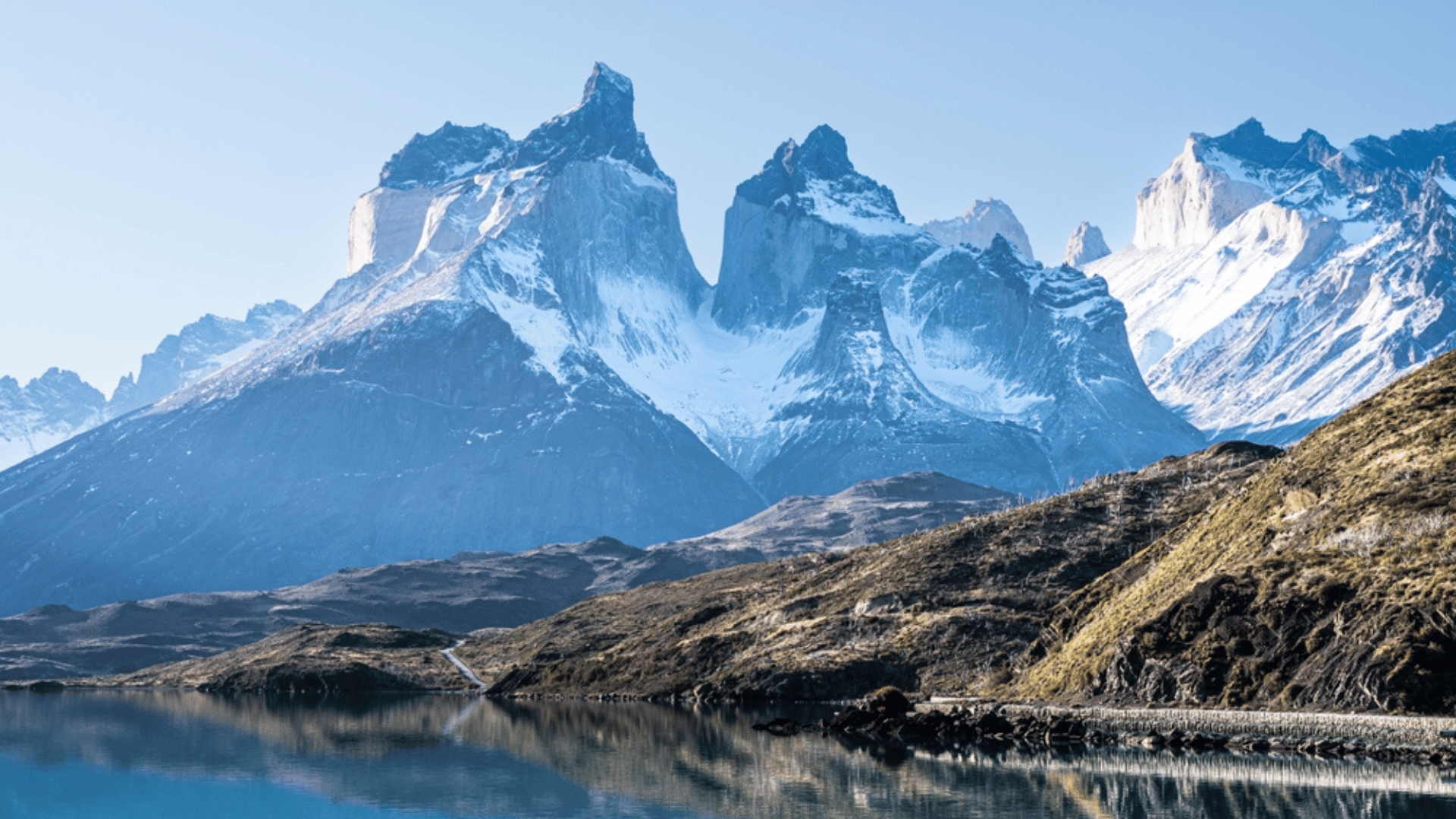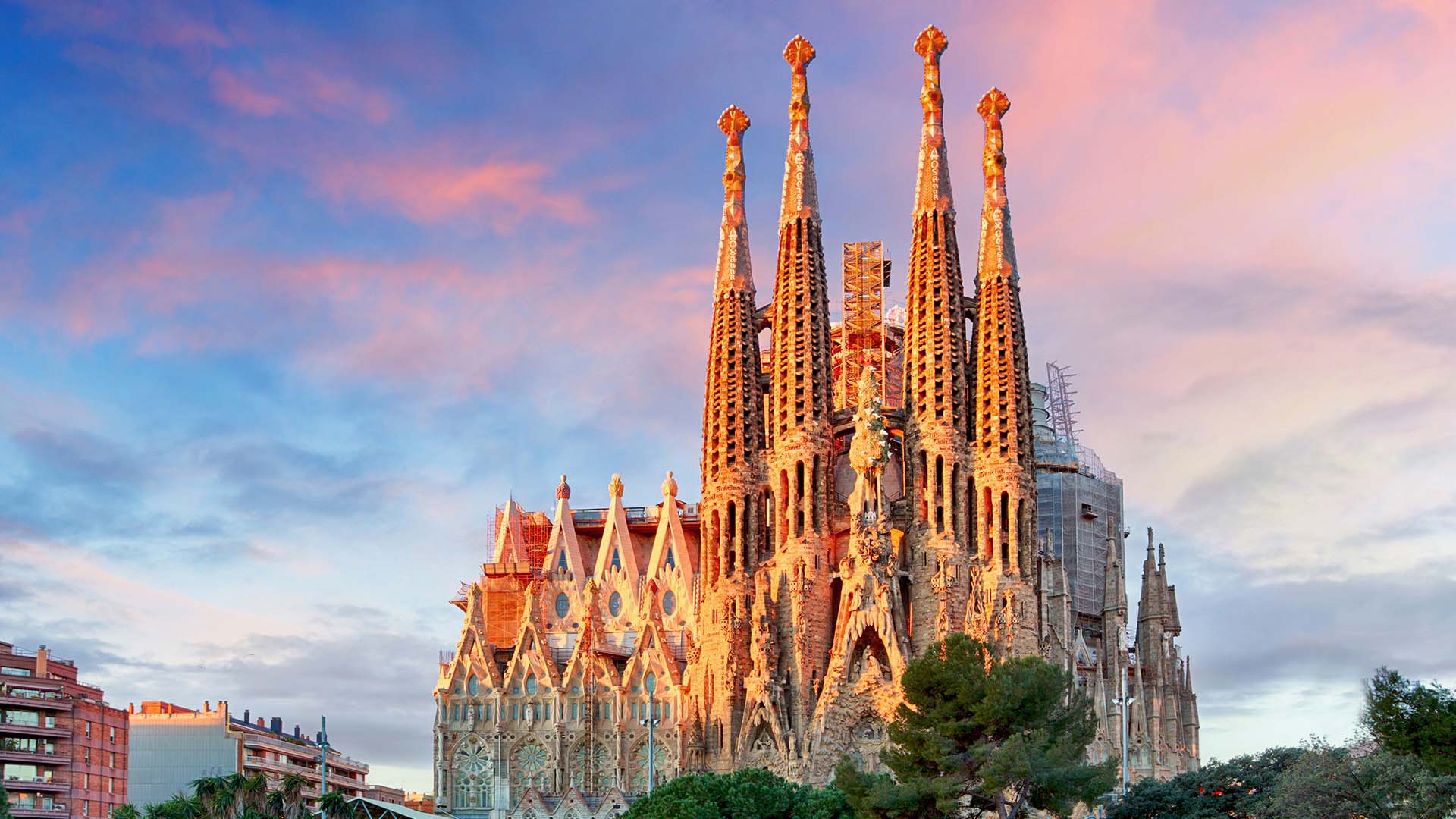Hospitality entrepreneurs are reinventing eco-tourism by working with naturalists and scientists and focusing on regenerative tourism initiatives and climate-change education.
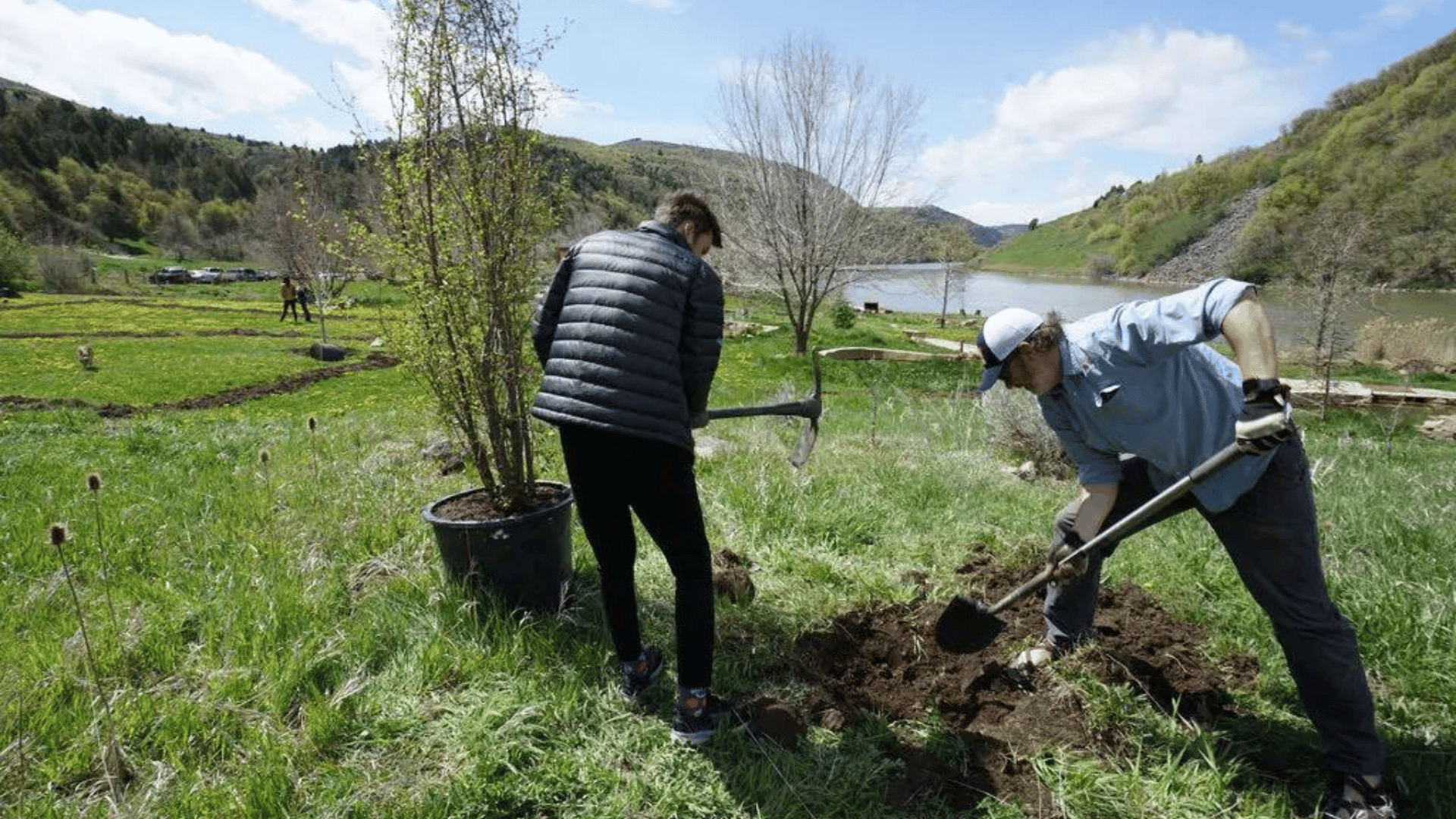
1) Thatcher, Idaho – Maple Grove Hot Springs & Retreat Center
At this retreat center, guests can partake in a series of nature activities including invasive plant removal, tree planting, trail development, and soaking in one of the six thermal pools. Powered by solar and hydro sources, the facility is working toward becoming the world’s first B Corporation-certified hot springs. Offering guests cabins and yurts during their stay, the site also includes river tubes and kayaks, foraging hikes, concerts and outdoor movies, cold river plunges, and workshops on composting and managing a home garden.
“We want guests from all walks of life to strike that perfect balance of rest, work, learning, thinking, sharing, laughing, and exploring. The marriage of those creates a very transformative experience,” said Jordan Menzel, the founder of Maple Grove.
2) Irvington, VA – The Tides Inn
This area has issues with pollution and overharvesting, which has devastated the population of the keystone species of oysters. In the summer of 2021, Tides Inn completed a $3.6 million shoreline restoration project that has since allowed oyster reefs to make a comeback.
Will Smiley, the inn’s resident ecologist, has been leading volunteer experiences for three years including one that focuses on repopulating baby oysters. Planting oysters, which feed on the creek’s overabundance of algae, also helps revive seagrass beds which helps to maintain a healthy ecosystem.
“As of January 2024, we have grown and planted over one million oysters,” said Mr. Smiley, noting that sea horses are returning to the area, a great bio-indicator.
Explore Tomorrow's World from your inbox
Get the latest science, technology, and sustainability content delivered to your inbox.
I understand that by providing my email address, I agree to receive emails from Tomorrow's World Today. I understand that I may opt out of receiving such communications at any time.
3) Deep River, Ontario – Anupaya Cabin Co.
The property includes a lodge, a private beach, and eight renovated cabins with porch views of the Laurentian Mountains. Guests staying here are encouraged to get involved in the environmental movement in a series of ways, including participating in cleanups through the hotel’s One Pound Promise Initiative, planting fruit trees and berry bushes, foraging workshops, or learning to grow and harvest food in the garden.
Visitors can also work on trail management projects with the local Friends of Rivière du Moine nonprofit or do trail maintenance at nearby Four Seasons Conservancy. Anupaya is introducing more formal volunteer opportunities in 2024, such as The Sustainable Saturdays initiative which will offer free two-hour educational sessions on composting, raising chickens, starting a medicinal garden, and more.
“The whole reason we started Anupaya is to remind people how a part of nature we all are,” Ms. MacLaggan said. “If you love something, you feel a sense of responsibility toward it.”
4) Mosier, ORE – Fir Haven Retreats
Restoration ecologist Kieron Wilde is welcoming the first guests to Fir Haven this August. A 20-acre plastic-free property, Fir Haven will contain A-frame cabins, platform tent sites, EV chargers, and an informal educational lab for environmental stewardship.
The site will offer conservation-based activities such as planting Garry Oak trees, which serve as both a fire suppression tool and support the native habitat. Fir Haven will also work with nonprofit partners such as Trail Keepers of Oregon to offer volunteer projects and field trips for guests.
“It was time to double-down on the non-extractive, regenerative travel movement, and inspire people to leave a positive impact together,” said Mr. Wilde, who previously worked for the Bureau of Land Management and started First Nature Tours, an eco-tour operator.



